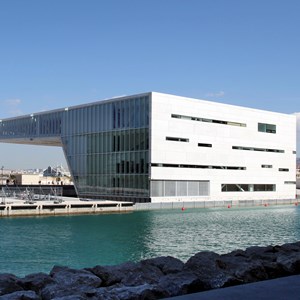

Marseille is the undiscovered jewel in the crown of France’s Mediterranean coastline. The rocky hills of Provence look down onto the ancient port and the thousands of boats docked in its clear blue waters. Countless artists have been seduced by the sunny climate and the hustle and bustle of the town. France’s second city has all you could ask for — beautiful beaches, ancient buildings, thriving arts, and a dynamic nightlife.
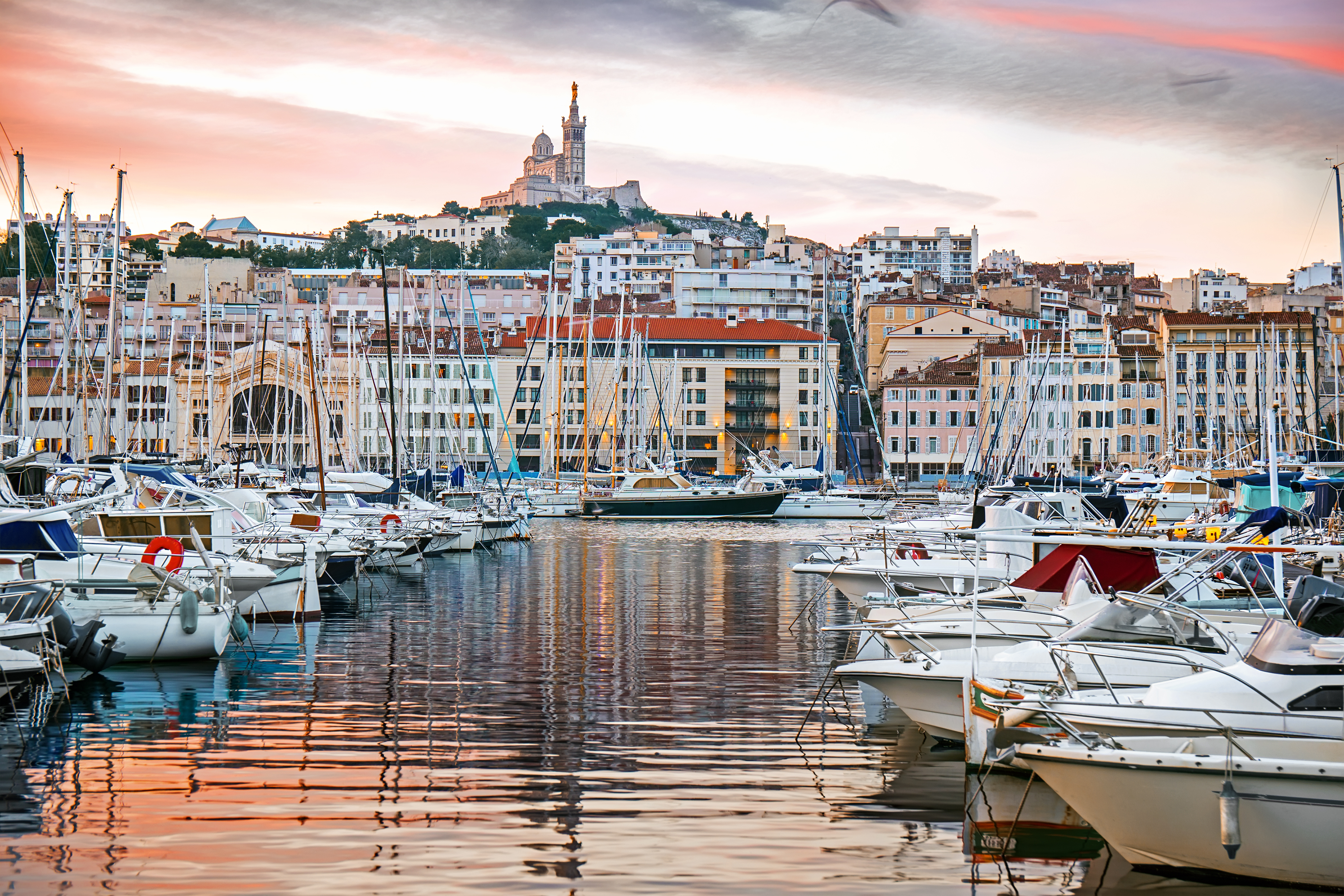 Mariia Golovianko / Shutterstock.com
Mariia Golovianko / Shutterstock.com
The City
Founded by Phocaean Greeks 2 600 years ago, Marseille is France’s oldest town, a melting pot of peoples and cultures, and a gateway to southern Europe and North Africa. Today, the city is still dependent on the port for its revenue and is dominated by fishing boats and people selling fresh produce.
Marseille is cut in half by La Canebière, one of the main shopping streets, which runs west to east from the Vieux Port. The city is divided into 15 arrondissements (districts), ranging from gentrified to run-down, and is famed for its fish-dominated culinary menu and its potent aniseed tipple, called pastis.
The exclusivity increases as you head further south to the corniche and Prado, the city’s best beach, with three kilometres of fine sand.
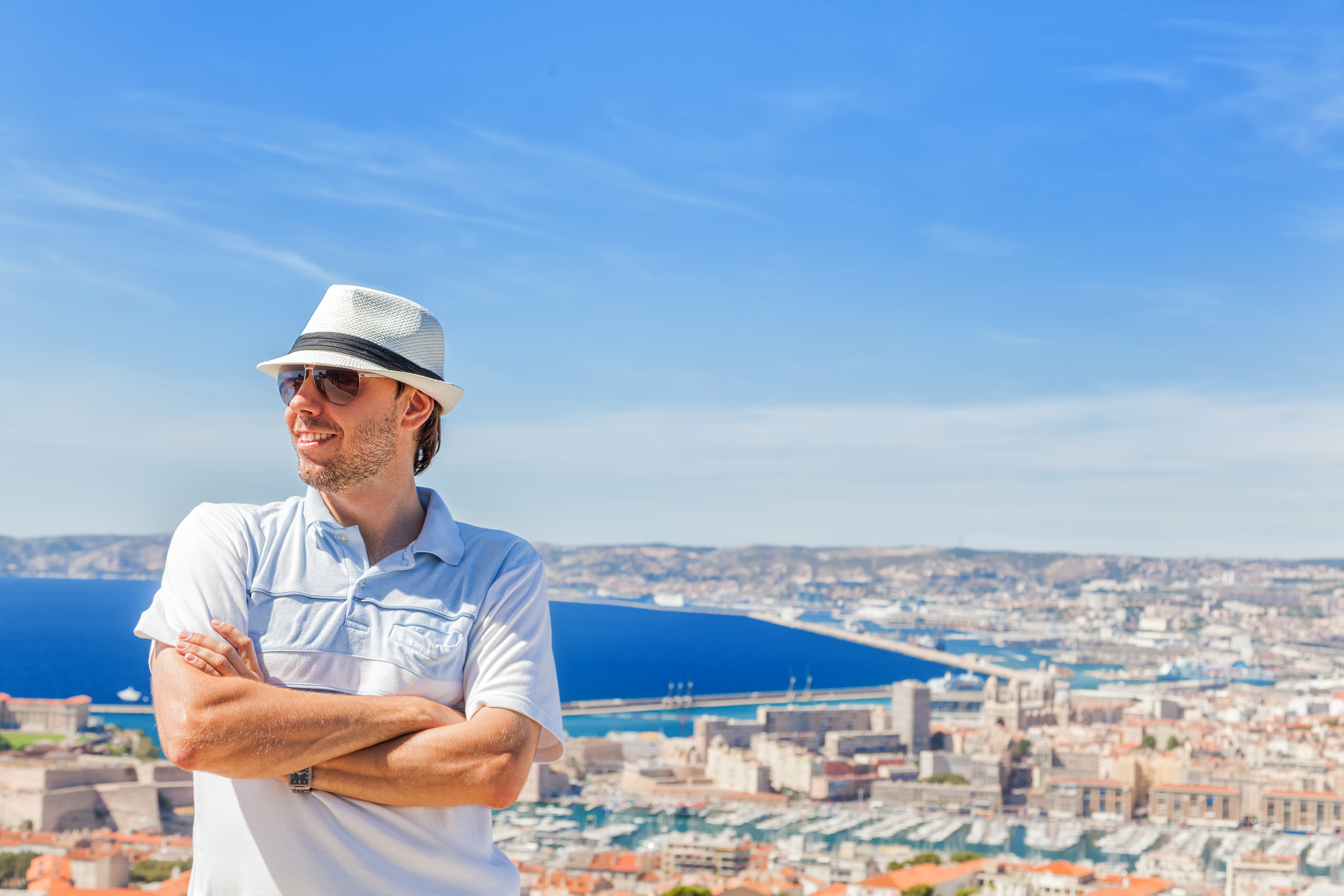 Igor Stepovik / Shutterstock.com
Igor Stepovik / Shutterstock.com
Do & See
Marseille is an urban cultural hot spot, a French city with historical and maritime museums, lovely architecture and beautiful nature in the form of parks and a stunning beach. Visit the main harbour and take a stroll around the Abbaye Saint Victor, explore the narrow streets of the old quarter, or make time for one of the beaches not too far from the city centre.
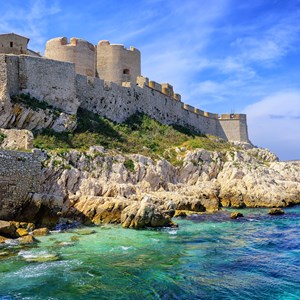 Boris Stroujko / Shutterstock.com
Boris Stroujko / Shutterstock.com
Château d'If
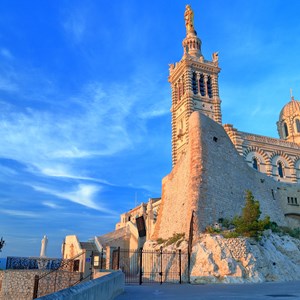 Inu / Shutterstock.com
Inu / Shutterstock.com
Basilique Notre-Dame de la Garde
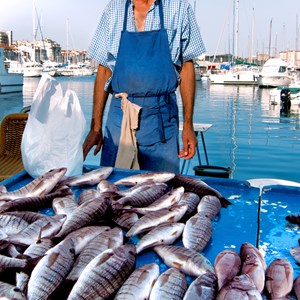 Artens / Shutterstock.com
Artens / Shutterstock.com
Vieux Port Fish Market
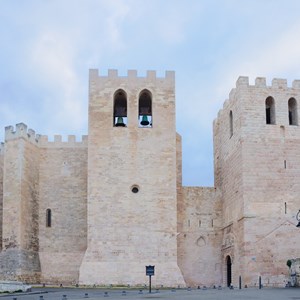 RnDmS / Shutterstock.com
RnDmS / Shutterstock.com
Saint Victor Abbey
 Monkey Business Images / Shutterstock.com
Monkey Business Images / Shutterstock.com
Marseille History Museum
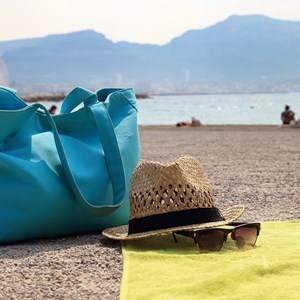 velirina / Shutterstock.com
velirina / Shutterstock.com
Prado Beaches
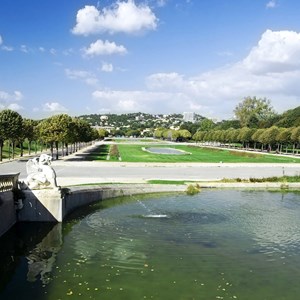 Ulrike Haberkorn / Shutterstock.com
Ulrike Haberkorn / Shutterstock.com
Park Borély
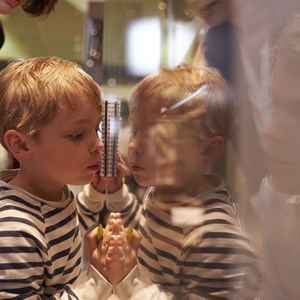 Monkey Business Images / Shutterstock.com
Monkey Business Images / Shutterstock.com
Roman Docks Museum
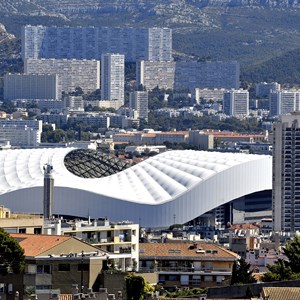 Gilles Paire/Shutterstock.com
Gilles Paire/Shutterstock.com
Orange Vélodrome Stadium
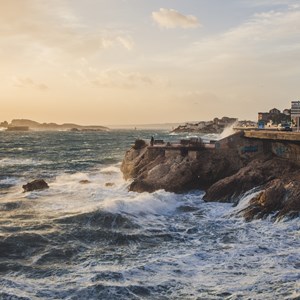 STUDIO M/Shutterstock.com
STUDIO M/Shutterstock.com
La Corniche
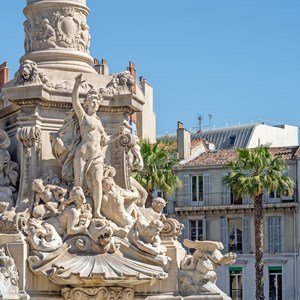 Zyankarlo/Shutterstock.com
Zyankarlo/Shutterstock.com
Place Castellane
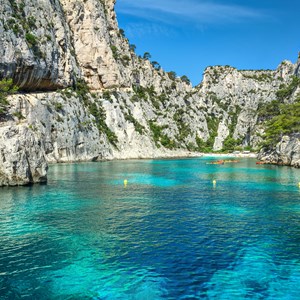 Gaspar Janos/Shutterstock.com
Gaspar Janos/Shutterstock.com
Les Calanques
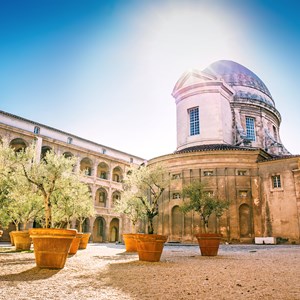 Mariia Golovianko/Shutterstock.com
Mariia Golovianko/Shutterstock.com
The Old Charity
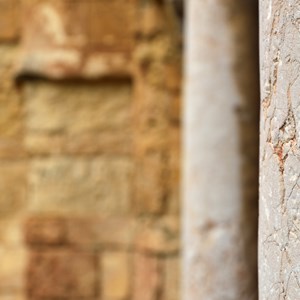 oksmit/Shutterstock.com
oksmit/Shutterstock.com
Garden of Remains
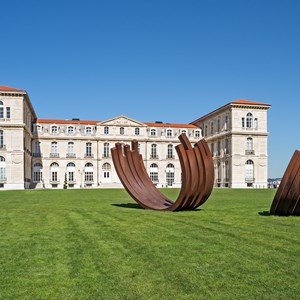 Zyankarlo/Shutterstock.com
Zyankarlo/Shutterstock.com
Lighthouse Palace
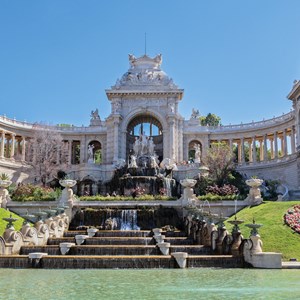 Fabianodp/Shutterstock.com
Fabianodp/Shutterstock.com
Palais Longchamp
 guruXOX/Shutterstock.com
guruXOX/Shutterstock.com
Memorial of the Marseillaise
 Brocreative/Shutterstock.com
Brocreative/Shutterstock.com
OK Corral
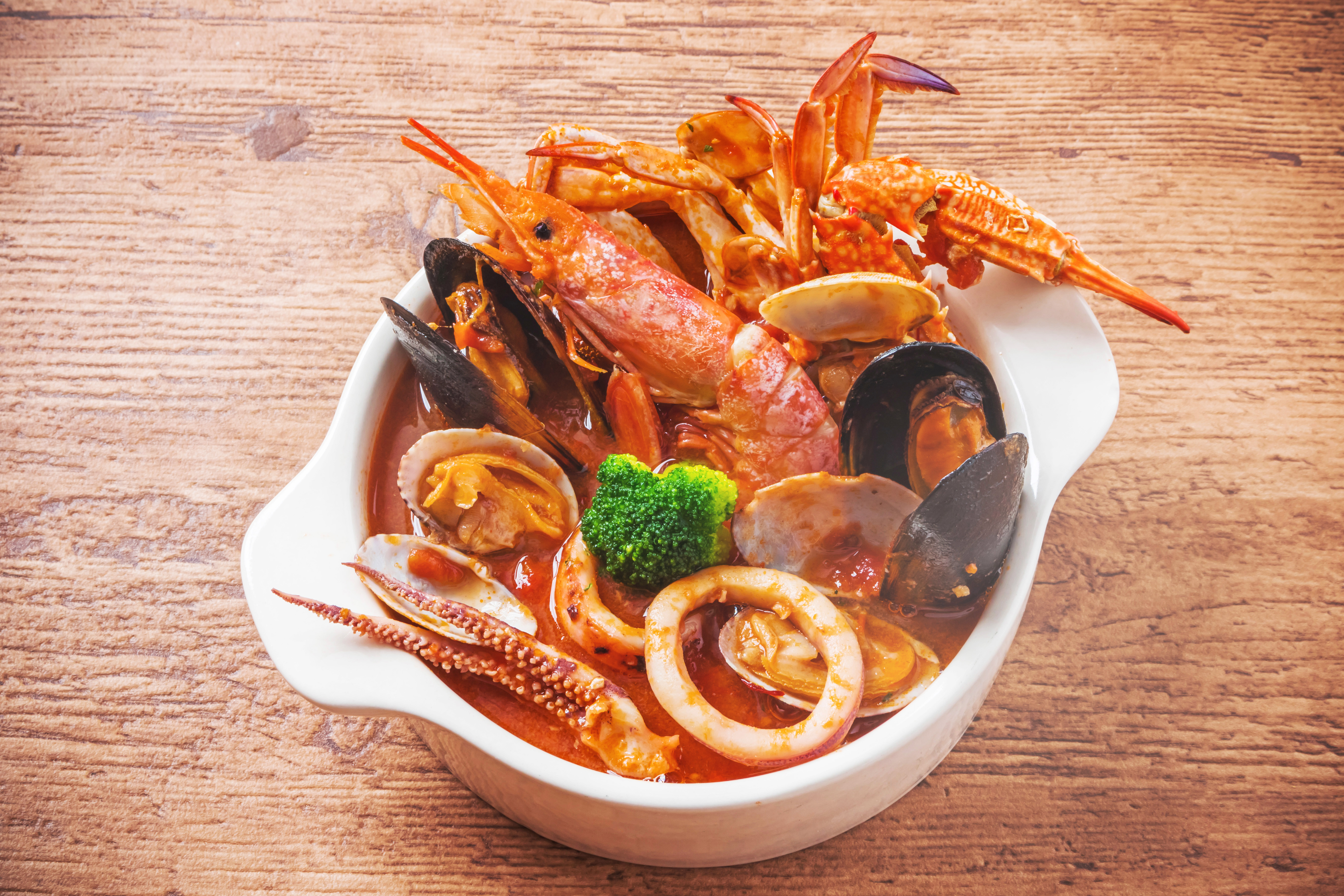 norikko/Shutterstock.com
norikko/Shutterstock.com
Dining
Marseille boasts a culinary tradition heavily influenced by its surroundings. Fish dominates, and one dish in particular — bouillabaisse. This fish stew combines a variety of fish with saffron, fennel and orange zest. It is served with rouille, a garlic and chilli-flavoured mayonnaise. Olive oil, herbs, fresh fruit and vegetables are also quintessential elements of Marseille cuisine.
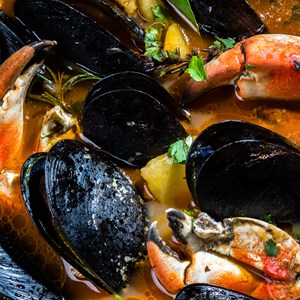 Larisa Blinova/Shutterstock.com
Larisa Blinova/Shutterstock.com
Le Miramar
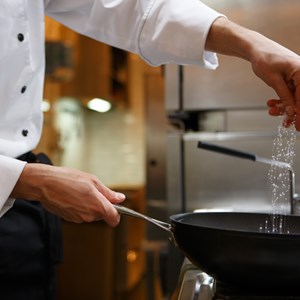 Sergey Mironov/Shutterstock.com
Sergey Mironov/Shutterstock.com
L’Epuisette
 jutamas/Shutterstock.com
jutamas/Shutterstock.com
Le Café Thaï
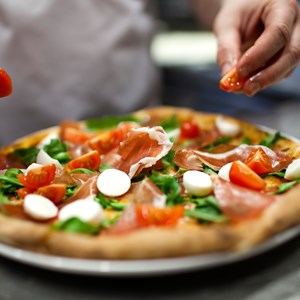 Denizo71/Shutterstock.com
Denizo71/Shutterstock.com
Nul Part Ailleurs
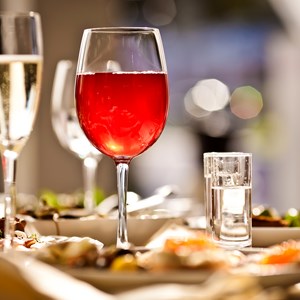 Andrey Bayda/Shutterstock.com
Andrey Bayda/Shutterstock.com
Les Trois Forts
 Joshua Resnick/Shutterstock.com
Joshua Resnick/Shutterstock.com
La Côte de Boeuf
 Natalie magic/Shutterstock.com
Natalie magic/Shutterstock.com
Peron Restaurant
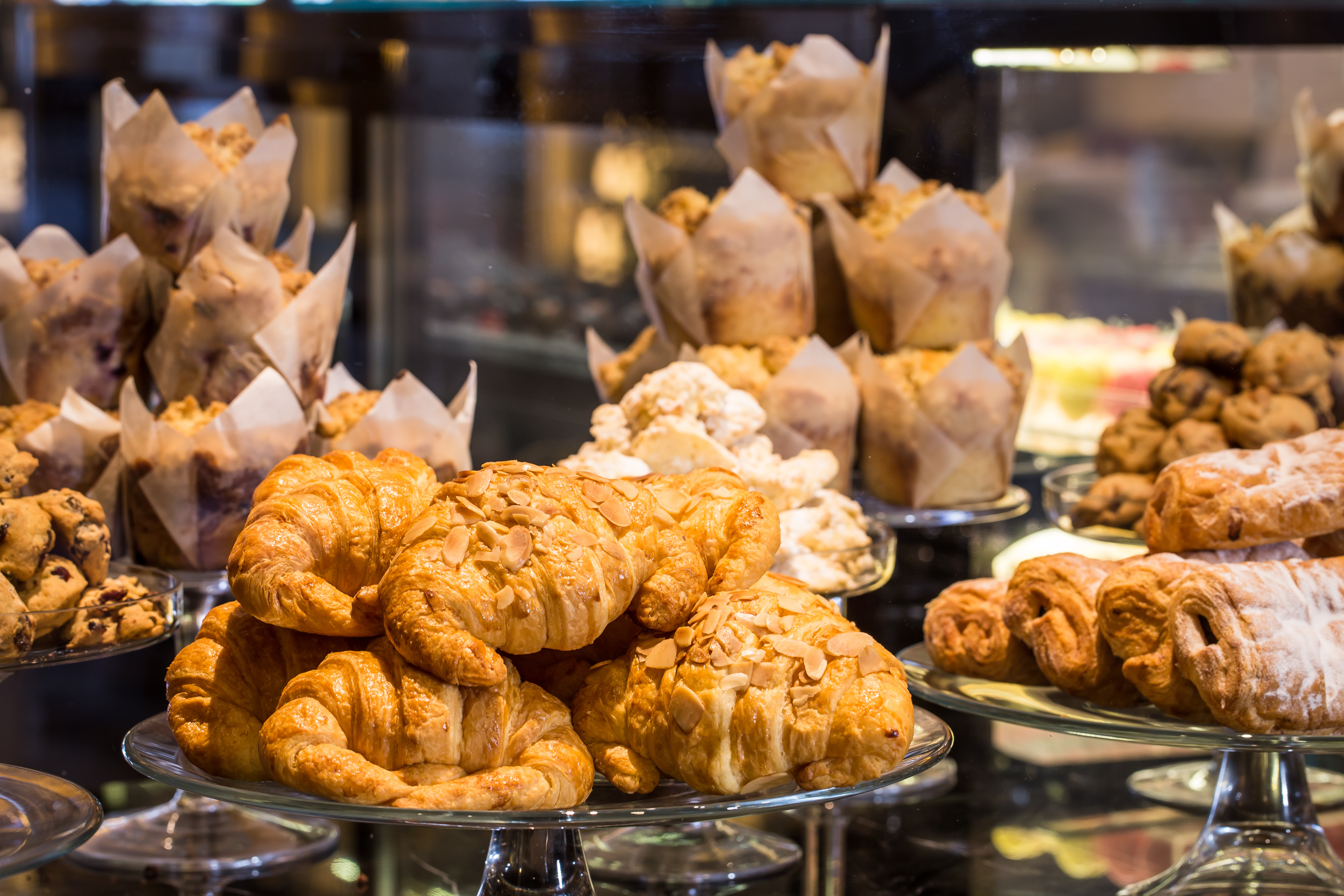 thipjang/Shutterstock.com
thipjang/Shutterstock.com
Cafés
Marseille’s proximity to the Mediterranean Sea has a significant influence on its coffee culture. You'll often find outdoor cafés with picturesque seafront views, where locals and tourists alike gather to enjoy coffee and people-watching.
Espresso, or "café" in French, is a popular choice in Marseille. It's often served in small cups, reflecting the traditional French coffee style. Pair your espresso with a delicious assortment of pastries, such as croissants, pain au chocolat, or another local specialty.
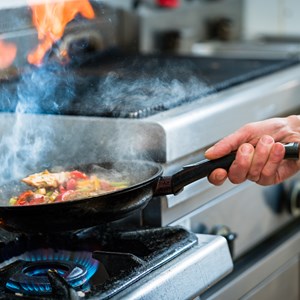 Kzenon/Shutterstock.com
Kzenon/Shutterstock.com
Les Arcenaulx
 Shaiith/Shutterstock.com
Shaiith/Shutterstock.com
Torrefaction Noailles
 Monkey Business Images/Shutterstock.com
Monkey Business Images/Shutterstock.com
Le Café de la Banque
 Syda Productions/Shutterstock.com
Syda Productions/Shutterstock.com
Café Populaire
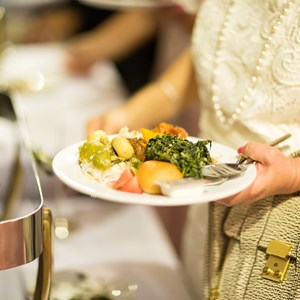 kckate16/Shutterstock.com
kckate16/Shutterstock.com
Les Buffets du Vieux-Port
 DisobeyArt/Shutterstock.com
DisobeyArt/Shutterstock.com
La Caravelle
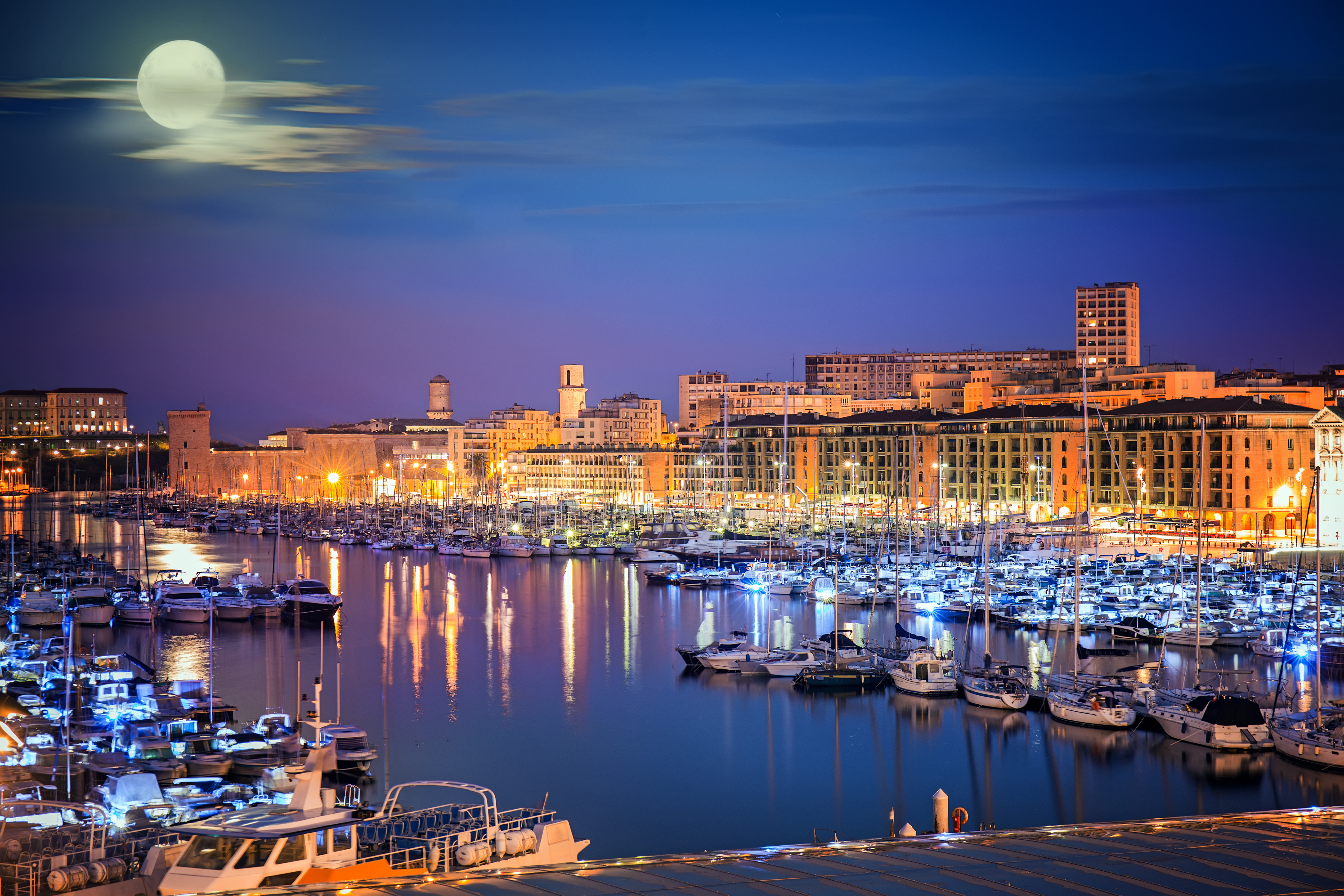 Mariia Golovianko/Shutterstock.com
Mariia Golovianko/Shutterstock.com
Bars & Nightlife
Marseille is all about bar culture — whether it be sipping on an aperitif at an outdoor cafe table in the late evening sun or standing around a bar chatting with friends, drinking beer, and snacking on olives. The city’s cultural diversity means there is a little bit of everything in Marseille to suit all tastes. Locals really go for it, partying until well into the morning hours, especially during the summer.
 Rawpixel/Shutterstock.com
Rawpixel/Shutterstock.com
Le Bar de la Marine
 Aron Brand/Shutterstock.com
Aron Brand/Shutterstock.com
Espace Julien
 Syda Productions/Shutterstock.com
Syda Productions/Shutterstock.com
Le Bazar Marseille
 Kalcutta/Shutterstock.com
Kalcutta/Shutterstock.com
Dock des Suds
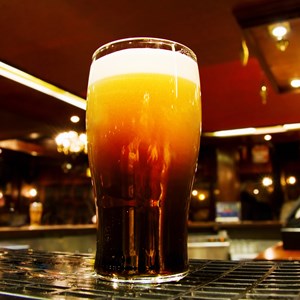 UnaPhoto/Shutterstock.com
UnaPhoto/Shutterstock.com
The Shamrock
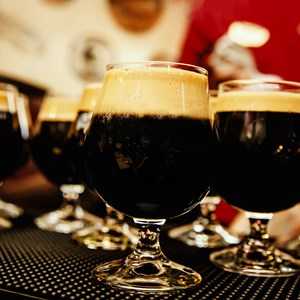 Piotr Piatrouski/Shutterstock.com
Piotr Piatrouski/Shutterstock.com
O’Brady’s
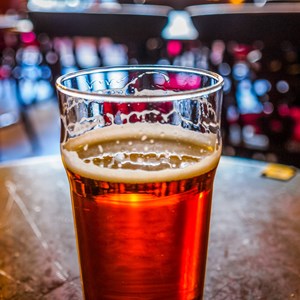 Claudio Divizia/Shutterstock.com
Claudio Divizia/Shutterstock.com
The Red Lion
 Jacob Lund/Shutterstock.com
Jacob Lund/Shutterstock.com
Polikarpov
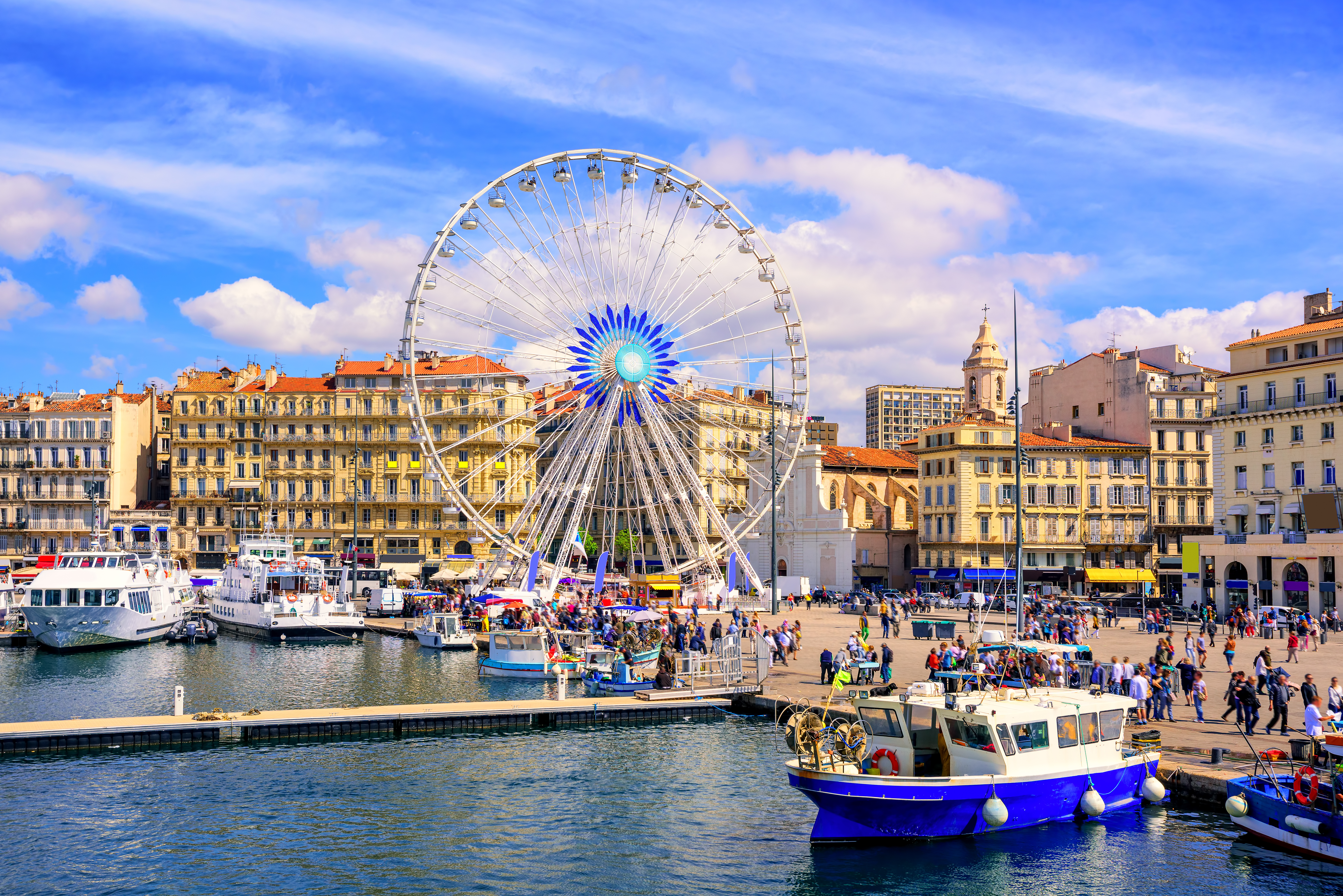 Boris Stroujko/Shutterstock.com
Boris Stroujko/Shutterstock.com
Shopping
Marseille’s main shopping areas are in the central and southern parts of town and cater to all tastes, from Côte d’Azur luxury and large department stores to quirky little boutiques and stores.
If you want smaller shops then head to the Cours Julien area, which has built up a reputation as an alternative, bohemian quarter. The area is also great for food and antique markets at weekends. Le Panier, Marseille’s oldest neighbourhood, is the best place for local products. Rue des Petits Puits and places des Pistoles are good streets for Provençal pottery and shops selling lavender soap and olive-based goodies.
 kikovic/Shutterstock.com
kikovic/Shutterstock.com
Les Terrasses du Port
 Rawpixel/Shutterstock.com
Rawpixel/Shutterstock.com
Centre Bourse
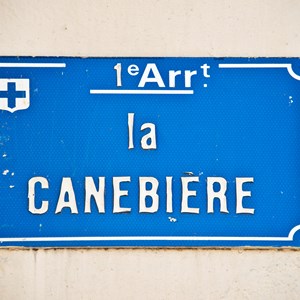 Delpixel/Shutterstock.com
Delpixel/Shutterstock.com
La Canebière
 Uber Images/Shutterstock.com
Uber Images/Shutterstock.com
Rue de la Tour
 View Apart/Shutterstock.com
View Apart/Shutterstock.com
Cours Julien Area
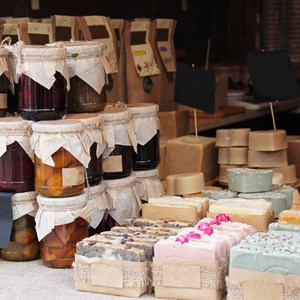 GalinaBahlyk/Shutterstock.com
GalinaBahlyk/Shutterstock.com
Le Panier Area
 5PH/Shutterstock.com
5PH/Shutterstock.com
La Maison du Pastis
 Nina Buday/Shutterstock.com
Nina Buday/Shutterstock.com
Galeries Lafayette
 George Rudy/Shutterstock.com
George Rudy/Shutterstock.com
Monoprix
 kikovic/Shutterstock.com
kikovic/Shutterstock.com
Centre Bonneveine
 Wayne0216/Shutterstock.com
Wayne0216/Shutterstock.com
The Grand Littoral Retail Park
 g-stockstudio / Shutterstock.com
g-stockstudio / Shutterstock.com
Printemps La Valentine
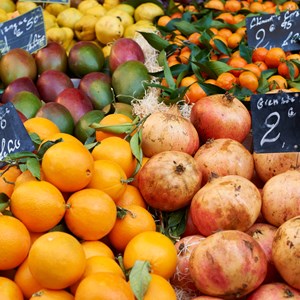 Nikolay Dimitrov - ecobo/Shutterstock.com
Nikolay Dimitrov - ecobo/Shutterstock.com
Cours Julien Market
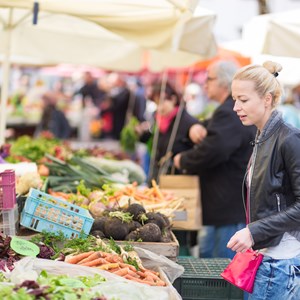 Matej Kastelic/Shutterstock.com
Matej Kastelic/Shutterstock.com
Prado Market
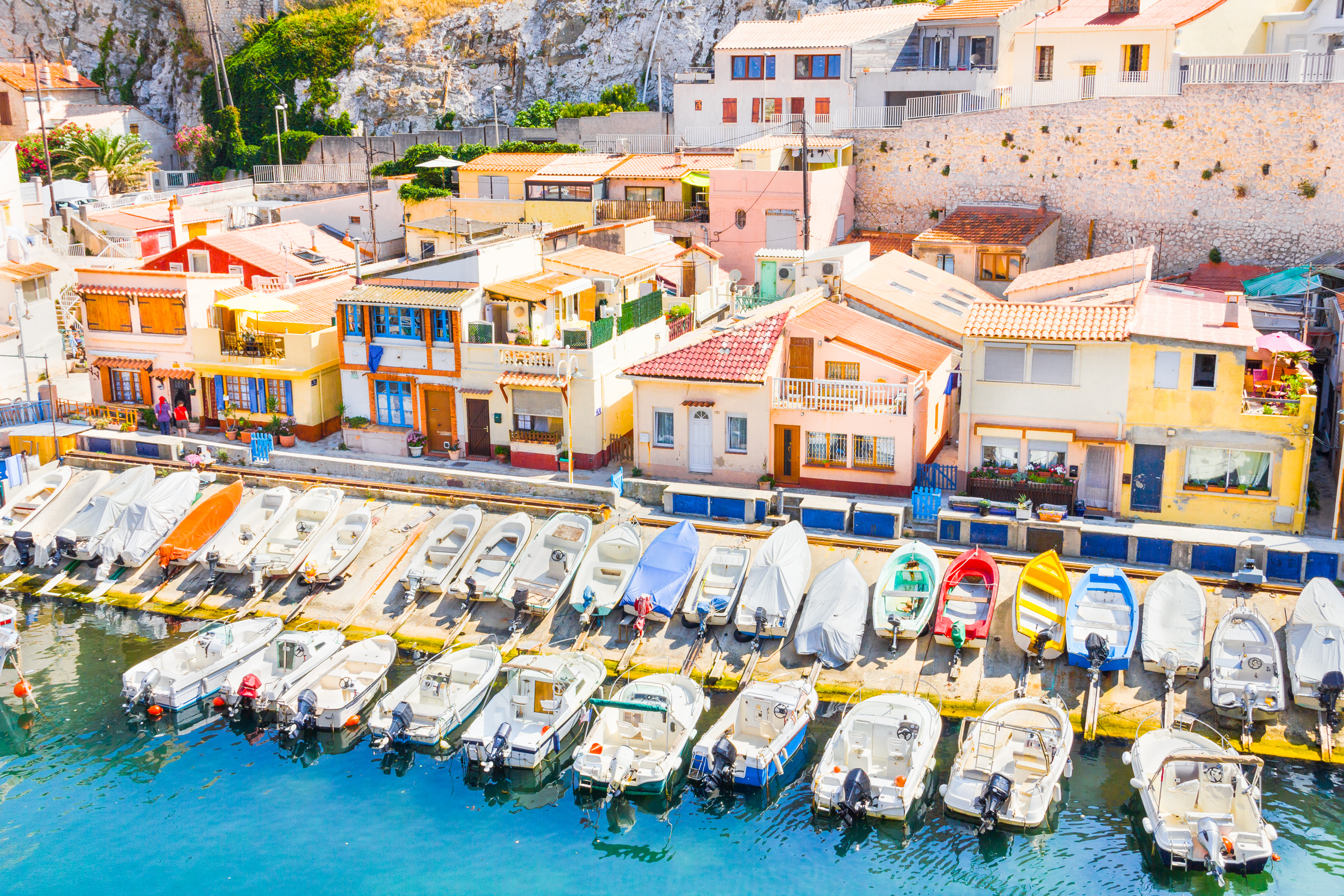 Giancarlo Liguori/Shutterstock.com
Giancarlo Liguori/Shutterstock.com
Tourist Information
Marseille Provence Airport (MRS)
Marseille Provence Airport is located 30 kilometres from the town centre. You can take the train to reach the city centre, and the journey takes approximately half an hour. There are also shuttle buses that run between the airport and Marseille’s train station, Gare Saint Charles.
From the train station you can easily reach other nearby cities. Taxis and car rental companies are represented at the airport.
Address: Aéroport Marseille-Provence, Marseille
Email:
Phone: +33 820 81 14 14
Website: www.marseille.aeroport.fr
More Information:
Passport / Visa
France can be visited visa-free for up to 90 days by citizens of most European countries, Australia, New Zealand, Japan, South Korea, Taiwan, Malaysia, Israel, UAE and most countries in America. If you are unsure whether or not you need to apply for a visa, we recommend contacting the embassy or consulate in your country. International (non-Schengen) travelers need a passport that is valid for at least 3 months after the end of their intended trip in order to enter the Schengen zone. Citizens of Schengen countries can travel without a passport, but must have a valid ID with them during their stay.
Address:
Email:
Phone:
Website:
More Information:
Best Time to Visit
Most people choose July and August for their stay in Marseille and Provence, due to the pleasant — although sometimes very hot — weather, which allows for beautiful days at the beach. However, visiting in May or June can be a great idea as well: the city will be less crowded and the temperature nicer, spring at its best. Provence's famous lavender fields are in bloom from June to August.
Address:
Email:
Phone:
Website:
More Information:
Public Transport
The best way to get around in Marseille is by using the very efficient metro system which runs between 6 am and 9 pm. With two lines, it is part of a wider Marseille public transport network (RTM) that includes buses (which run later). The public transport network consists of the metro, buses, trams, trains and ferries.
There are different types of tickets depending on your preferences. A useful ticket is the Carte Groupe for four to twelve people, which makes a single journey cheaper. A 24H/72H card is also available: it allows you to make as many journeys as you like on the RTM network.
Address:
Email:
Phone:
Website: www.rtm.fr/en
More Information:
Taxi
Taxi Radio Marseille
+33 4 91 02 20 20
www.taximarseille.com
Address:
Email:
Phone: +33 4 91 02 20 20
Website: www.taximarseille.com
More Information:
Post
Look for a yellow mailbox if you want to send a letter or postcard.
Address: La Poste Marseille Colbert, 25 Rue Colbert, Marseille
Email:
Phone: +33 9 70 82 36 31
Website: www.laposte.fr
More Information:
Pharmacy
Pharmacie du Vieux Port
4 Quai du Port, Marseille
+33 4 91 90 00 57
Mon–Fri 9am–8pm, Sat 8am–7pm, Sun closed
Address:
Email:
Phone:
Website:
More Information:
Electricity
230 V / 50Hz
Address:
Email:
Phone:
Website:
More Information:
Telephone
Country code: +33
Area code: 04
Address:
Email:
Phone:
Website:
More Information:


